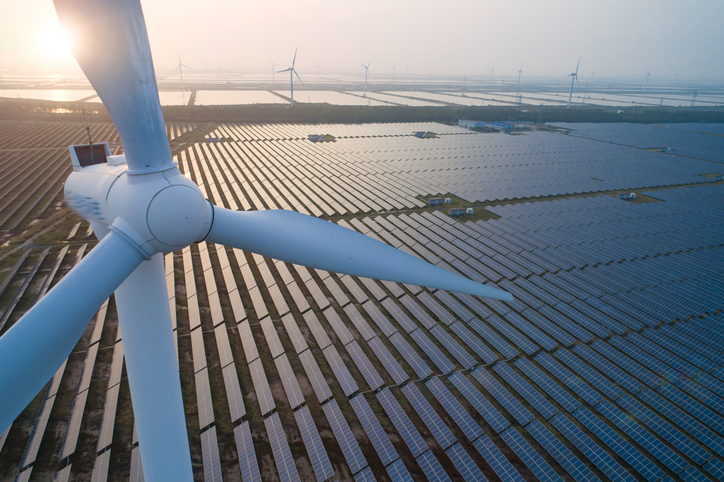Context:
Recently, the Union Cabinet approved the signing of a ‘Letter of Intent’ thus enabling India to join the ‘Energy Efficiency Hub’.
About International Energy Efficiency Hub
- It was established in 2019 as a voluntary collaboration among 16 governments seeking to strengthen their effectiveness in deploying energy efficiency.
It was established as a successor to the International Partnership for Energy Efficiency Cooperation (IPEEC), of which India was a member.
- IPEEC was an autonomous partnership of nations founded in 2009 by the Group of 8 (G8) to promote collaboration on energy efficiency. Its mandate was terminated in December 2019.
The Bureau of Energy Efficiency (BEE), has been designated as the implementing agency for the Hub on behalf of India.
- BEE was set up in March 2002 under the provisions of the Energy Conservation Act, 2001 with a vision to improve the energy intensity of the Indian economy thereby contributing towards the sustainable development of the country.
The Hub currently has five task groups –
- Digitalisation Working Group (DWG): It informs and advances the digitalisation of energy-efficient technologies.
- Super-Efficient Equipment and Appliances Deployment (SEAD): It is a collaboration among governments to promote the manufacture, purchase, and use of efficient appliances, lighting, and equipment worldwide.
- Energy Efficiency in Buildings (EEB): It is a platform to exchange policy information about improving energy efficiency in buildings.
- Energy Management Action Network (EMAK): It facilitates public-private exchanges on systems for raising energy efficiency in industry and buildings.
- TOP TENs: It prepares lists of both the best energy-efficient technologies and best practices in key energy-consuming sectors.
Membership of the International Energy Efficiency Hub
- International Energy Agency (IEA) Members, IEA Association countries and Clean Energy Ministerial (CEM) Members are eligible to join the Energy Efficiency Hub.
The 16 current Members are Argentina, Australia, Brazil, Canada, China, Denmark, European Commission, France, Germany, Japan, South Korea, Luxembourg, Russia, Saudi Arabia, the United Kingdom, and the United States.
- Its Secretariat is hosted at the International Energy Agency (IEA) in Paris.
Membership presents an opportunity for governments to learn from each other about how to design and implement energy efficiency policies.
Significance of Membership
- Hub emphasises enhancing collaboration between members and the International Energy Agency and other international organisations.
- India’s participation in this global platform will help to accelerate the transition to a low-carbon economy and improve energy security.
- By joining the Hub, India will gain access to a vast network of experts and resources, enabling it to enhance its domestic energy efficiency initiatives.

